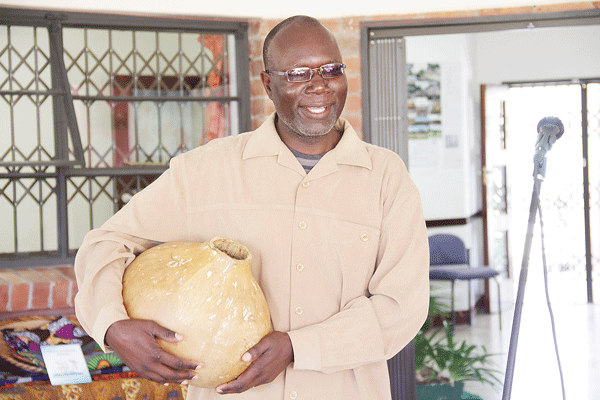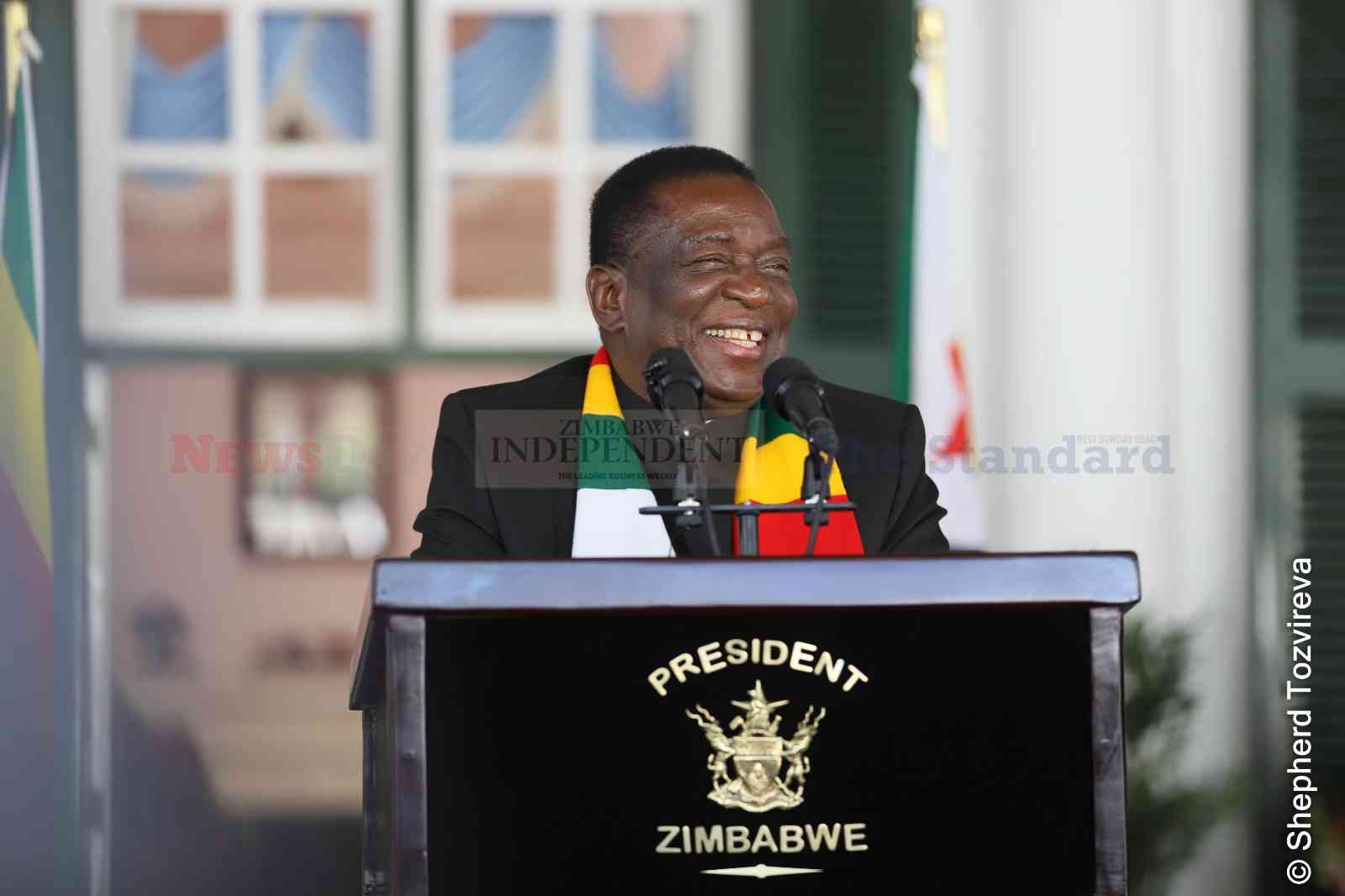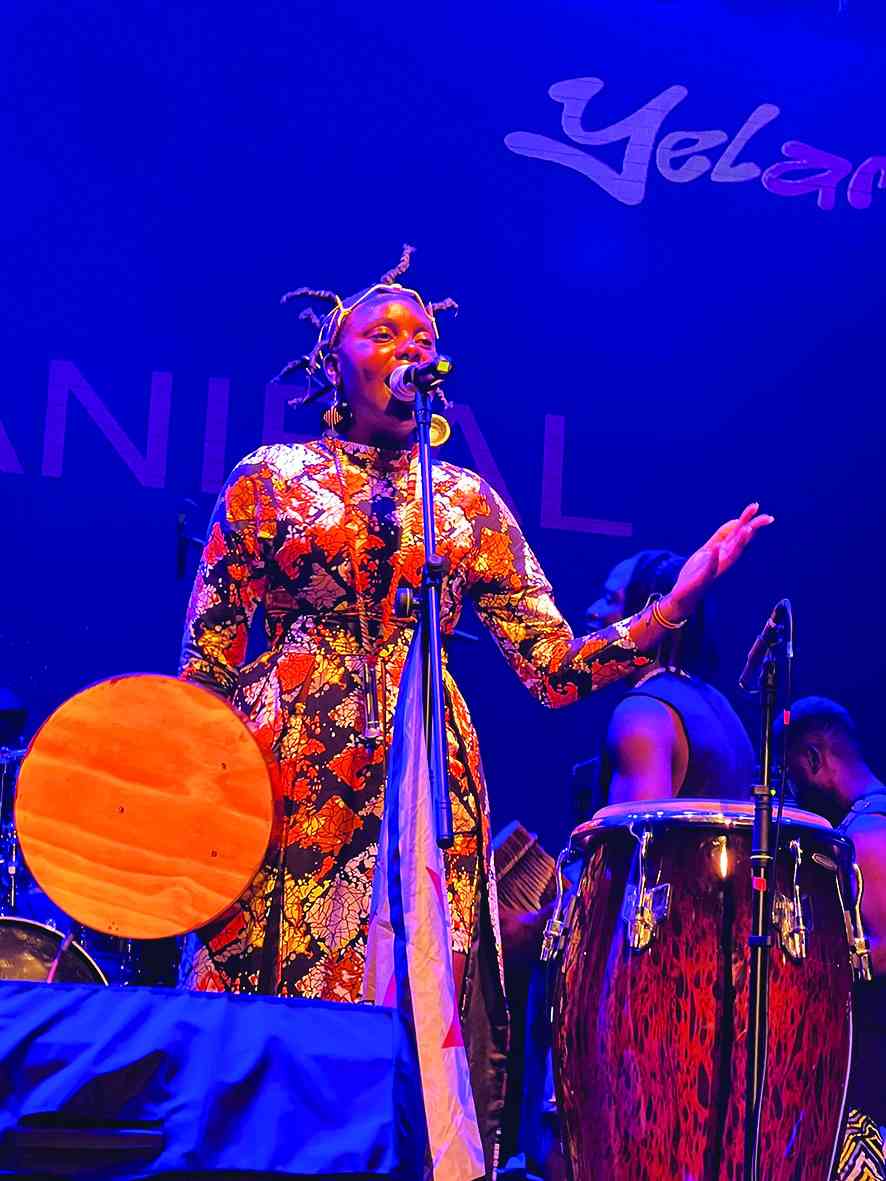
LORRAINE MUROMO
SINCE time immemorial, book writing and storytelling have been characterised by intelligent riddles and hidden meanings that were meant to guide society. The older generation of authors can be applauded for stepping up to the cause of moulding the society’s morals through their literature.
Although they carried moral lessons, these short stories never lost their sense of humour that made them easier to digest which stirred the appetite to want more.
The older generation consisted of seasoned authors such as Ignatius Mabasa, Tsitsi Dangarembga (pictured), and Charles Mungoshi just to mention a few.
However one would feel the need to differ and suggest that the new generation has instead done a better and advanced job. The new era has seen the rise of powerful authors such as Munatsi Sande, Philip Chidavaenzi, Tendai Huchu, Brian Chihava, the late Dambudzo Marechera who managed to take the world stage by storm. Could this have been an improvement to the seed of talent already sown?
In order to get a clearer introspection, NewsDay Life & Style got to engage old generation authors and new generation authors to hear their sentiments thus aiding the comparison.
Ignatius Mabasa famous for his Shona novel, Mapenzi told the publication that it was difficult to compare the two generations as they had their highlights.
“It’s a difficult question to compare my generation with the new authors especially when I look at the number of awards and recognition that the likes of Brian Chikava, Tendai Huchu, Novuyo Rosa Tshuma, NoViolet Bulawayo are getting,”
- Chamisa under fire over US$120K donation
- Mavhunga puts DeMbare into Chibuku quarterfinals
- Pension funds bet on Cabora Bassa oilfields
- Councils defy govt fire tender directive
Keep Reading
“I think each generation has its own unique way of telling its stories,” he said
Mabasa said the hallmark of good literature was to transcend generations like Charles Mungoshi and Tsitsi Dangarembga.
Chirikure Chirikure agreed with sentiments made by Mabasa stating that these two generations were entirely different.
“There are always strengths and weaknesses in each writer and each generation. A lot of factors contribute, there can’t be a straight forward answer.”
Memory Chirere was of the opinion that every Zimbabwean author in either generation was capable of writing the country’s story very well.
‘I think our writers, young or old have always written about the Zimbabwean matter exceptionally well,”
“No generation is better than the other but in every generation there are average and very outstanding writers. This is the case in all countries. Writers are artists and they come in all forms and pitch.”
Chirere added that it was not convenient to say certain writers were better than the others.
An arts analyst and a doctor with the University of Zimbabwe, Chidora said there was need to take a look at the context under which both generations worked in.
“The old generation worked in a context which was restrictive, I am sure you are aware they worked in an era of the Rhodesia Literature Bureau which was meant to polish the creativity that came out of black writers but even in that prescriptive and limiting environment the output was impressive especially among writers who wrote in the vernaculars (Shona and Ndebele,”
“Those who wrote in English chose to publish outside in order to escape the restriction of the Rhodesian oppression but they were trend setters, they were working in a very tight environment.”
He said, however, with the new generation it was completely a different setup altogether. Though the environment is still restrictive it is not in the context of content that they must write but in terms of the support structures for writers. The economic environment, publishing houses and all, with few publishing houses, the economic environment is restrictive.
“Most of them, who try to circumvent these problems go on to self-publish but technically speaking they content that then comes out from self-publishing is pathetic. I will still take my hat off for the old generation as compared to the new generation,”
“The new generation has been doing a lot of work, we have writers shining out there lifting the flag of the country high. We are talking of Tina Gapa, Tendai Huchu, Panashe Chiguma, Brian Chikwava, Rosa Tshuma, Christopher Mulalazi. I think they are doing a good job but if you at it closely they are publishing outside. There are a lot of support structures for publishing outside. For those in Zimbabwe like me right, it’s a tough road.
Taking into consideration all the above-mentioned opinions and views it can be safe to come to a conclusion that no generation is an island, the new was inspired by the old to grow into a beautifully entwined culture of story-telling with different tastes and views.










